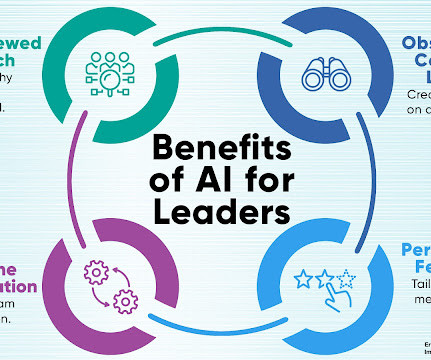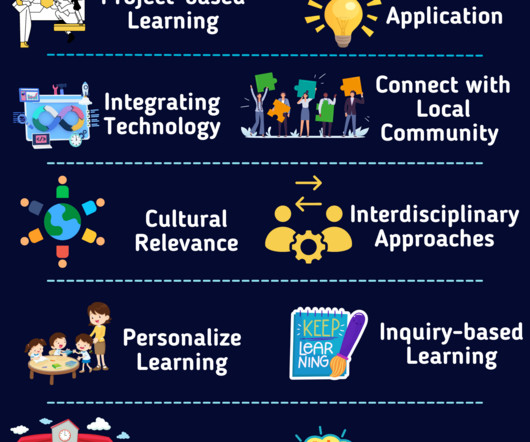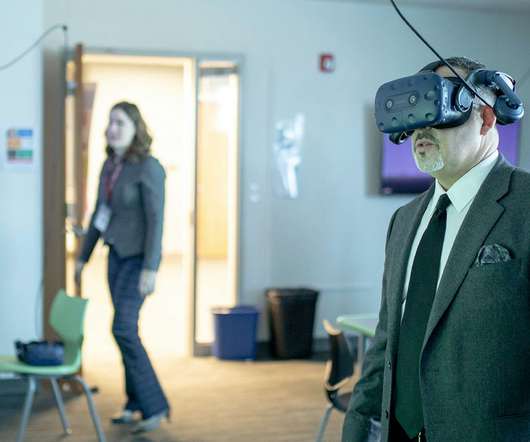A New Era of Educational Leadership: The AI Advantage
A Principal's Reflections
DECEMBER 8, 2024
To make data-enhanced decisions, it's crucial to have access to reliable and relevant research, something I stress in Digital Leadership extensively. Consensus AI offers a powerful solution, enabling leaders to quickly and efficiently access peer-reviewed research to support and validate change initiatives. What is Consensus AI?


























Let's personalize your content